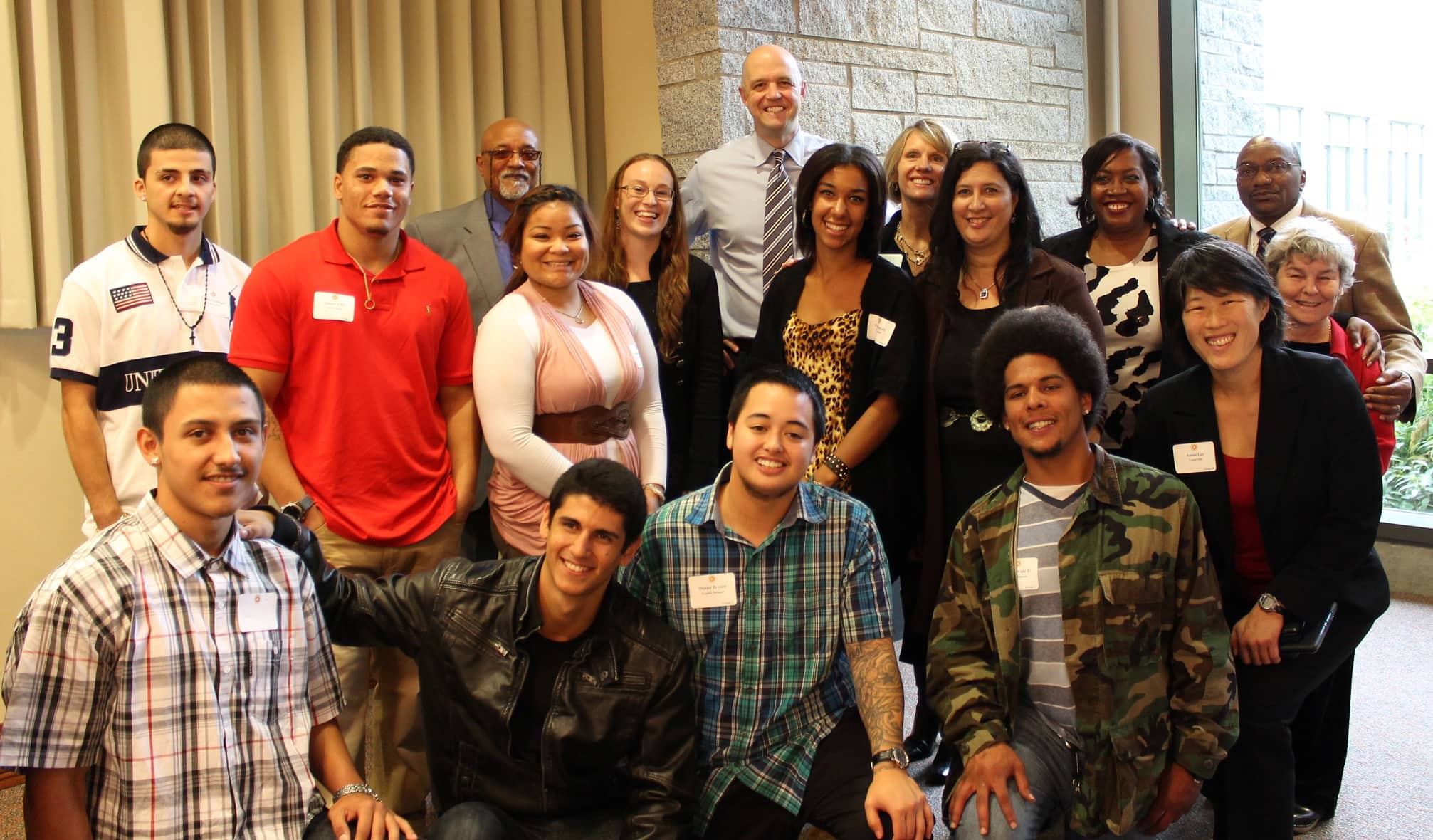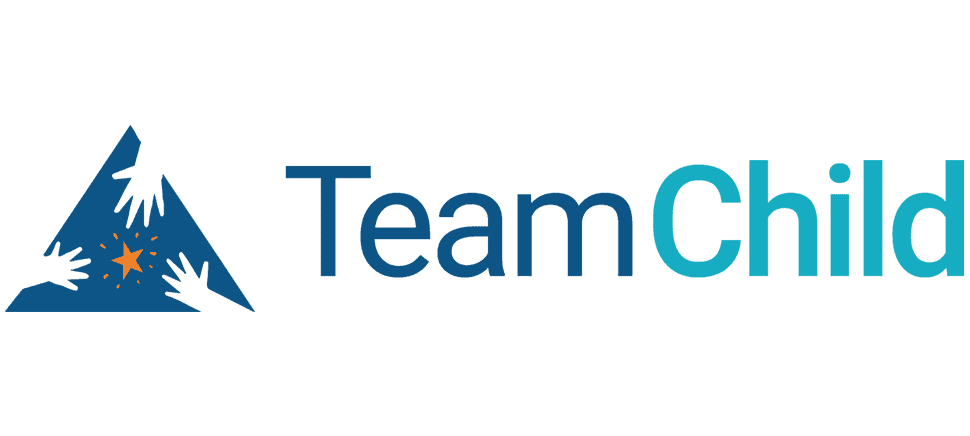CALL US TeamChild staff are working remotely and can be reached by e-mail and phone.
TeamChild is a 501(c)(3) not-for-profit organization.
Federal Tax ID# 91-1930194
CALL US TeamChild staff are working remotely and can be reached by e-mail and phone.
Advocates and youth should be advocates for systemic change

A court’s decision can have sweeping impact on civil rights and the law. When broader principles of law are the subject of a case, courts often receive opinions from interested people, called Amicus curiae (a Latin phrase that means “friend of the court”). As amici, advocates can share their perspective with the courts, typically in the form of a legal brief. TeamChild has collaborated on a number of briefs where important rights for youth were being heard by the court. Click on the cases below for more details.
State v. E.C. & D.J., Court of Appeals of Washington, Division II (2017)
This case focused on the public dissemination of juvenile records and a youth’s right to seal their juvenile court record. It highlighted practices in Pierce County that went against recent legislative changes intended to make juvenile record sealing more streamlined and more accessible. This Amicus Brief explained the harmful impact of publicly available juvenile records on youth and racial disparities that exist throughout our juvenile justice system. TeamChild collaborated with advocacy partners Columbia Legal Services and Rod’s House voicing support for the streamlined administrative path for sealing juvenile records.
Amici Curiae Brief of TeamChild and CLS – E.C. and D.J.
Court of Appeals Published Opinion – E.C. and D.J. October 2017
In re the Dependency of SKP, Court of Appeals of Washington, Division II (2016)
This case involved an appeal by our partners at Columbia Legal Services, arguing that children involved in dependency proceedings should be appointed an attorney and that this appointment should begin at the shelter care hearing. A shelter care hearing takes place within 72 hours after a dependency petition is filed. This is a scary process for any child facing removal from their home. We believe the court should hear from all relevant parties – especially the child who is most impacted by this process – in order to make the right decisions about placement, visitation, and services for the child. TeamChild worked on this Amicus Brief with Legal Counsel for Youth and Children arguing that young people should get help from a trained dependency attorney from the start (at a shelter care hearing) and throughout the dependency process, to safeguard their rights and interests.
State v. Meneese, Supreme Court of Washington (2012)
Many of our clients (and student nationwide) attend schools with law enforcement on campus, a contributing factor in the School to Prison Pipeline. We supported the youth appellant in this case who argued that the search of a high school student’s backpack by a School Resource Officer (SRO) in the Bellevue School District without a warrant supported by probable cause was unlawful. Other Amici on this case included the Seattle Young People’s Project (SYPP), the ACLU of Washington, the Washington Defender Association and the Korematsu Center at Seattle University School of Law. The Supreme Court of Washington agreed with the youth appellant and held that the warrantless search of his backpack by a school resource officer was not lawful.
In Re the Dependency of MSR and TSR, Supreme Court of Washington (2011)
Many of our clients have been involved in the child welfare system and have an important stake in having a voice in the dependency court process. This life changing process decides who they will live with, what contact they will or won’t have with family members, and services and supports they will need to be successful in their lives. This case involved two preteen children who were not provided counsel – and therefore had no voice – during the legal proceedings that led to their removal from their family (their parents’ rights were terminated.) TeamChild collaborated with other advocacy partners including the ACLU of Washington, the Washington Defender Association, The Defender Association and Society of Counsel Representing Accused Persons. The Supreme Court of Washington ruled that whether or not an individual child should have an attorney to represent their wishes during a termination proceeding is to be decided on a case-by-case basis.
In Re the Termination of D.R. and A.R., Supreme Court of Washington (2011)
When the State seeks to terminate a parent’s rights to care for their child, it is likely that the child has already been in foster care for some time, and that they have been victims of abuse or neglect. Our clients believe they should have a voice in the dependency court process. It is life changing, because it results in them either returning to a parent or becoming a permanent ward of the state. The children who were the subject of In Re the Termination of D.R. and A.R did not have an opportunity to be heard. The court made decisions about who they would live with, where they would go to school, and whether or not they would have any contact with their siblings or extended family without ever hearing from them. This Amicus Brief highlights the need for children to receive support from a trained dependency lawyer. TeamChild was joined by other advocacy partners, including the Center for Children and Youth Justice, Society of Counsel Representing Accused Persons, The Washington Defender Association and The Defender Association.
Bellevue School District vs E.S., Supreme Court of Washington (2011)
Some students (including some of our clients) miss enough school that they are subject to truancy petitions in juvenile courts. We support their right to counsel in truancy proceedings including at the initial truancy hearing. This case involved young students who were left to navigate the legal process without support from a trained lawyer. Some were incarcerated for extended periods of time, further interrupting their education. This Amicus Brief argued that a child’s right to education is at stake in all stages of the truancy process and that without effective counsel at the initial truancy hearing, children are denied a meaningful opportunity to be heard. TeamChild was joined on this case by The Committee for Indigent Representation and Civil Legal Equality and the Children and Family Justice Center. The Washington State Supreme Court ruled that the Due Process Clauses of the US and Washington Constitutions do not require that children be represented by counsel at an initial truancy hearing.
![]()
1225 South Weller St, Suite 420
Seattle, WA 98144
Phone: (206) 322-2444
Fax: (206) 381-1742
Email: [email protected]
TeamChild is a 501(c)(3) not-for-profit organization.
Federal Tax ID# 91-1930194
